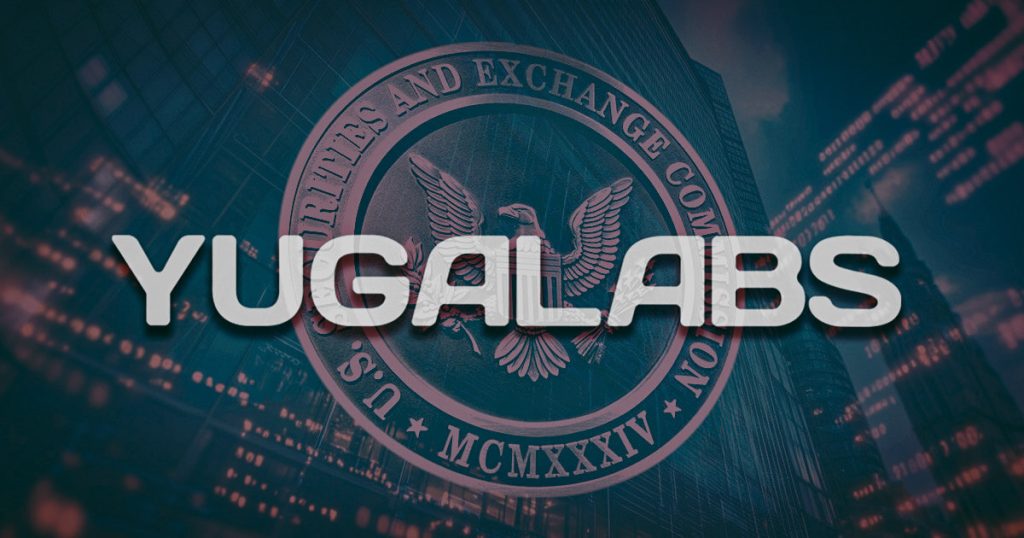Yuga Labs and the SEC: A Landmark Decision for NFTs
In a significant development for the non-fungible token (NFT) sector, the U.S. Securities and Exchange Commission (SEC) has concluded its investigation into Yuga Labs, the pioneering company behind the acclaimed Bored Ape Yacht Club (BAYC) and CyberPunks NFT collections. The SEC has decided not to pursue any enforcement actions or charges against Yuga Labs, marking a potential turning point for the NFT industry. Yuga Labs announced this news in a social media post on March 3, celebrating the closure as a "huge win for NFTs and all creators pushing our ecosystem forward," emphasizing their stance that "NFTs are not securities."
The SEC had initiated its inquiry into Yuga Labs back in October 2022. The focus of the investigation centered around the classification of certain NFTs, questioning whether they could be deemed as securities according to federal law. Notably, the SEC was investigating if Yuga Labs’ well-known NFT collections such as the Bored Ape Yacht Club and associated digital assets were marketed in a manner that could classify them as investment contracts under the Howey Test. Moreover, the agency examined the sale of ApeCoin (APE), a cryptocurrency tied to the BAYC ecosystem, to see if it also fell under securities regulations.
Yuga Labs’ victory is not only important for the company itself but signifies a crucial regulatory milestone for the NFT industry at large. The SEC’s decision to close its case without levying any charges provides essential clarity for NFT creators and marketplaces, even as broader debates regarding the classification of digital assets continue to linger. Industry stakeholders see this outcome as a regulatory win that could pave the way for more innovation and growth in the NFT space, potentially dispelling earlier fears about strict regulatory crackdowns.
This resolution comes amidst a wider trend of case closures by the SEC under new leadership changes. In recent weeks, the agency has also closed investigations into a range of companies, including major players such as Robinhood, Gemini, Uniswap Labs, Consensys, and OpenSea. Additionally, the SEC has reached settlements with prominent crypto exchanges like Coinbase and Kraken, indicating a potential shift in its regulatory approach within the fast-evolving cryptocurrency landscape. While some cases are being resolved, the SEC’s ongoing litigation against Ripple suggests a mixed bag of enforcement outcomes.
Historically, the SEC ramped up its regulatory scrutiny of digital asset companies under the leadership of Chair Gary Gensler, who maintained that a significant number of crypto assets—including specific NFTs—met the definition of securities based on the Howey Test. This stringent viewpoint has sparked substantial pushback from industry leaders, who argue that NFTs embody digital ownership and therefore should not be treated as investment contracts. Yuga Labs’ outcome might embolden other NFT creators and marketplaces to adopt similar stances, potentially shifting the regulatory dynamics further in favor of innovation.
As the NFT market continues to evolve, the SEC’s closure of the Yuga Labs investigation signals a favorable regulatory development that could influence future policies. There remains, however, much work ahead regarding the clarity and consistency of digital asset classification. With ongoing discussions about the nature of ownership and investment within the realm of NFTs, the outcomes of cases like Yuga Labs’ provide a foundational precedent that may shape forthcoming interpretations of digital assets. The incident symbolizes not just a victory for Yuga Labs but also for the broader NFT community and its potential for growth in the mainstream economy.


